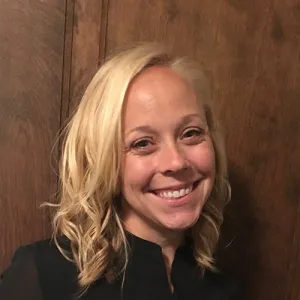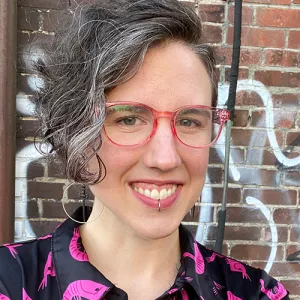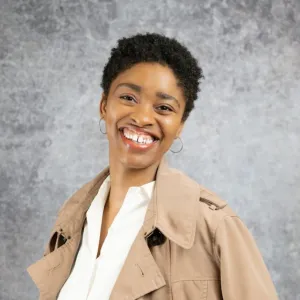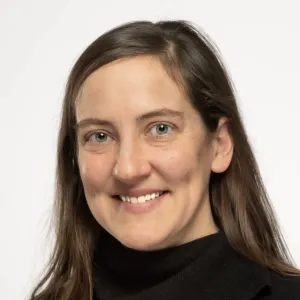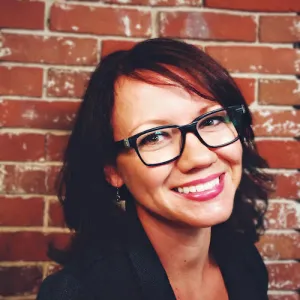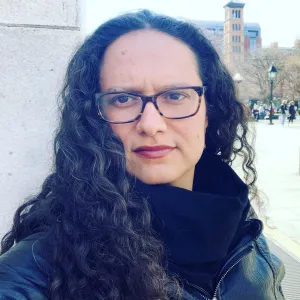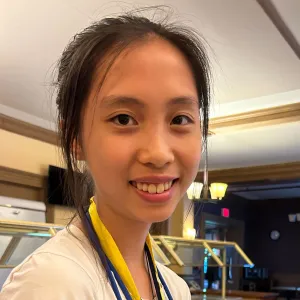Women, Gender, & Representation
Join a diverse community of students and faculty committed to exploring how gender shapes our social and political lives. In the Women, Gender, & Representation (WGR) program, students from across the country and world take transformative courses that tackle gender justice issues that matter to them. Courses include sexual health and rights, queer and trans lives, race and ethnic studies, gender in music and literature, gender minority histories, and practices of inclusive social change.
Program at a Glance
Courses
Program Details
Instructors
“Coming here definitely made me feel like I was home away from home. All my counselors and classroom assistants were so kind and welcoming, open to conversations, and always cheered me up. I learned to be more confident in complimenting others and accepting others’ compliments of me. I loved the after-class activities; they were so fun and connected me with friends.”
“These two weeks helped me meet new people and create new connections and also gave me a taste of how college life is.”
“This has been a dream come true! from classes to campus to friends and teachers, everything about my experience at WGR has been lovely and I'll never forget it.”

